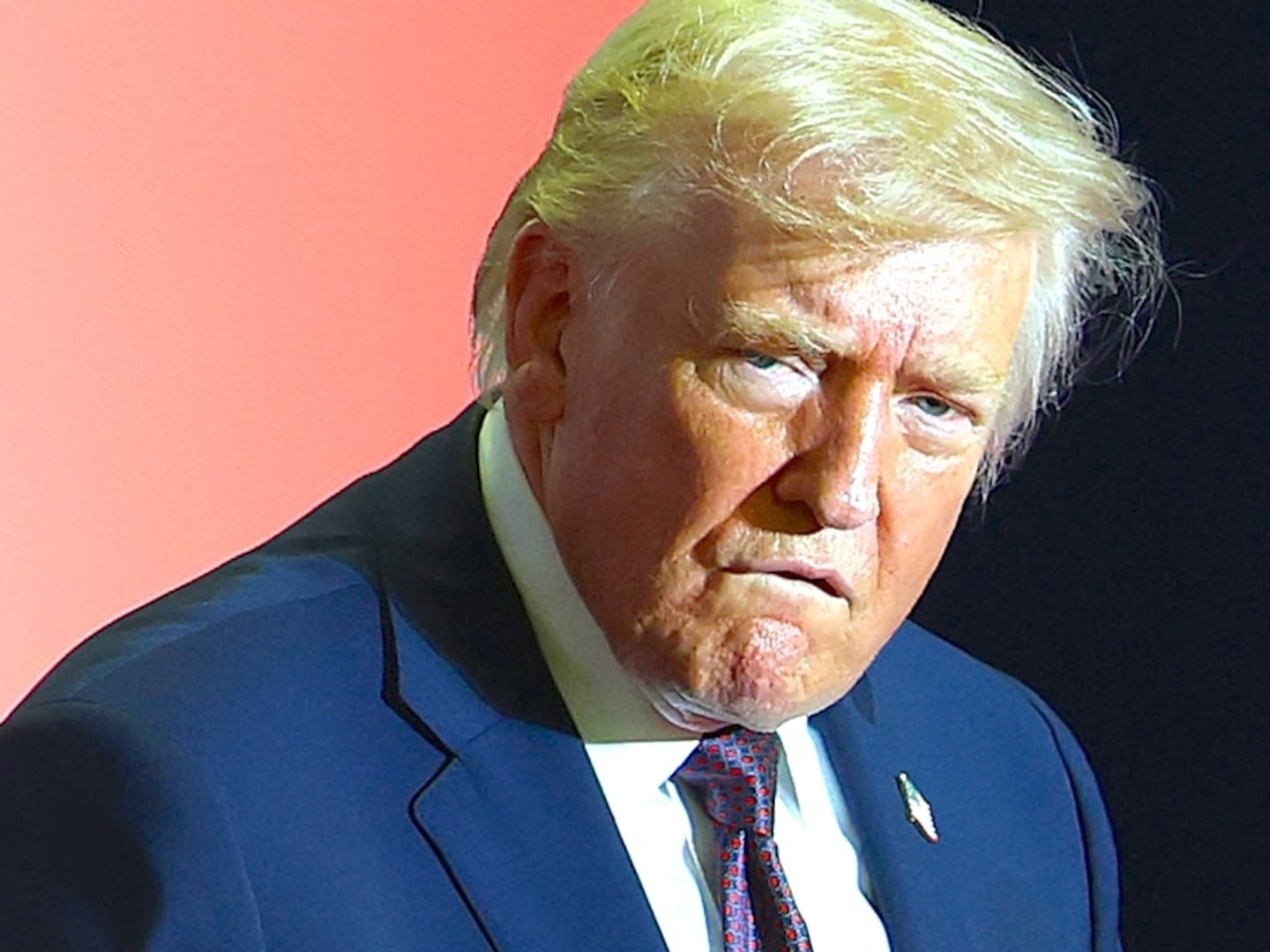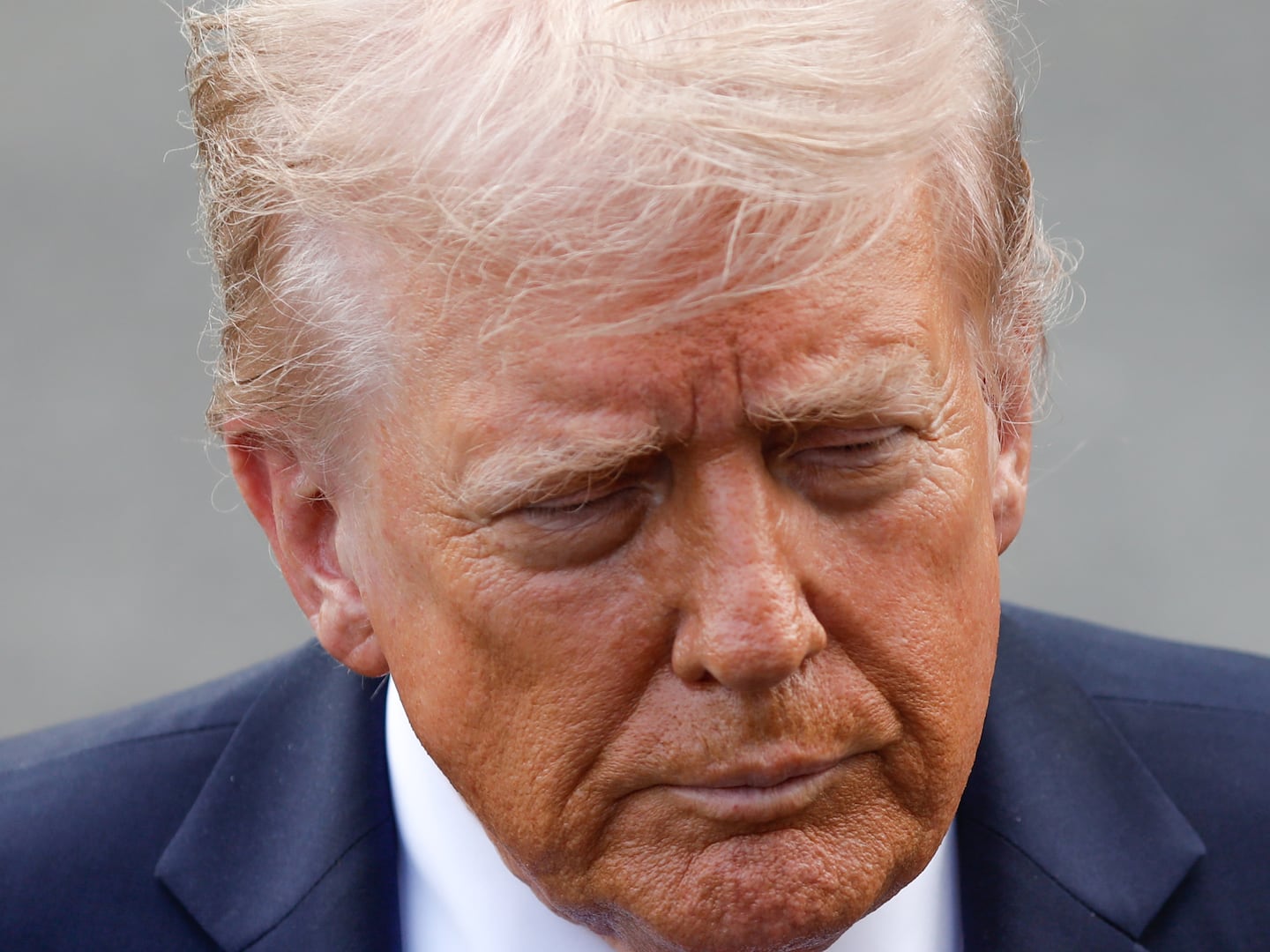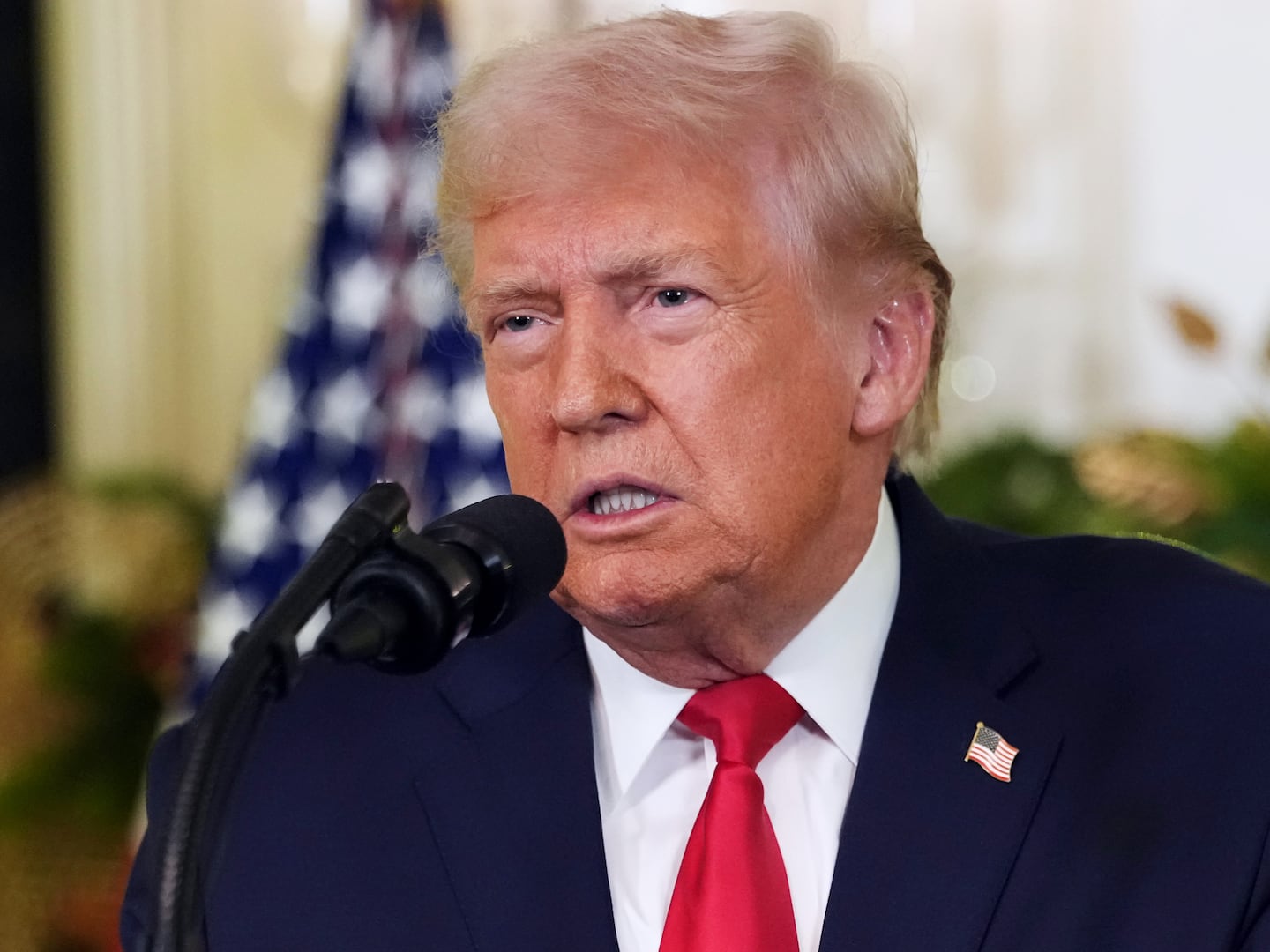A state-owned Chinese news outlet has registered as an agent of a foreign government under pressure from the Department of Justice as part of its crackdown on foreign media operating on U.S. soil.
China Global Television Network, a division of state-run broadcaster China Central Television, reluctantly filed paperwork with DOJ last week disclosing details of its relationship with its Beijing-based parent. It nonetheless protested that the channel “is not engaged in ‘political activities,’ as that term is defined” in the Foreign Agents Registration Act, the federal law governing foreign lobbyists and propagandists operating on U.S. soil.
CGTN’s initial registration statement shows that it received about $8 million from CCTV in December and January to support the channel’s English-language programming. Jing Ma, CGTN’s general director, also registered individually, disclosing a salary of $221,000.
Even as it supplied that information, the channel told DOJ that it “enjoys editorial independence from any State direction or control” and “is registering out of an abundance of caution and in the spirit of cooperation with U.S. authorities.”
Those authorities have pressed CGTN and other state-owned Chinese media outlets since last year to comply with FARA’s disclosure requirements. The Xinhua News Agency, which was also instructed to register with DOJ last year, has not yet done so.
DOJ’s stepped-up efforts to impose the FARA designation on foreign media outlets is part of a broader push to increase enforcement and compliance of the law, an effort that has ensnared, among others, President Donald Trump’s former campaign chairman Paul Manafort. DOJ has brought other criminal charges against alleged FARA violators over the last year as part of a significant uptick in efforts to enforce the nearly 80-year-old law.
The law’s applicability to foreign media organizations has been a sticking point in that effort. Russian media organizations such as RT and Sputnik have lodged similar objections to DOJ enforcement efforts, even as their U.S. broadcasting arms reluctantly agreed to comply with the department’s registration demands.
Those outlets in particular drew the attention of regulators due to the U.S. intelligence community’s assessment that RT and Sputnik were arms of a larger Russian disinformation apparatus wielded to affect the outcome of the 2016 election.
But Chinese media have drawn similarly vocal criticism from U.S. lawmakers of late. In a letter to then-Attorney General Jeff Sessions last year, a bipartisan group of Senators questioned whether Xinhua and CGTN in particular should have to comply with FARA registration requirements. Both outlets, they alleged, disseminate Chinese propaganda on U.S. soil.
Efforts to step up FARA enforcement against foreign media organizations has resulted in some backlash against U.S. news organizations abroad, particular in Russia. The Kremlin passed a law last year requiring even outlets that receive no U.S. government support to register as “foreign agents,” raising the prospect that Beijing might do the same in response to DOJ’s stepped-up enforcement against its U.S.-based broadcasters.






